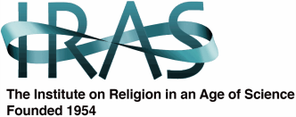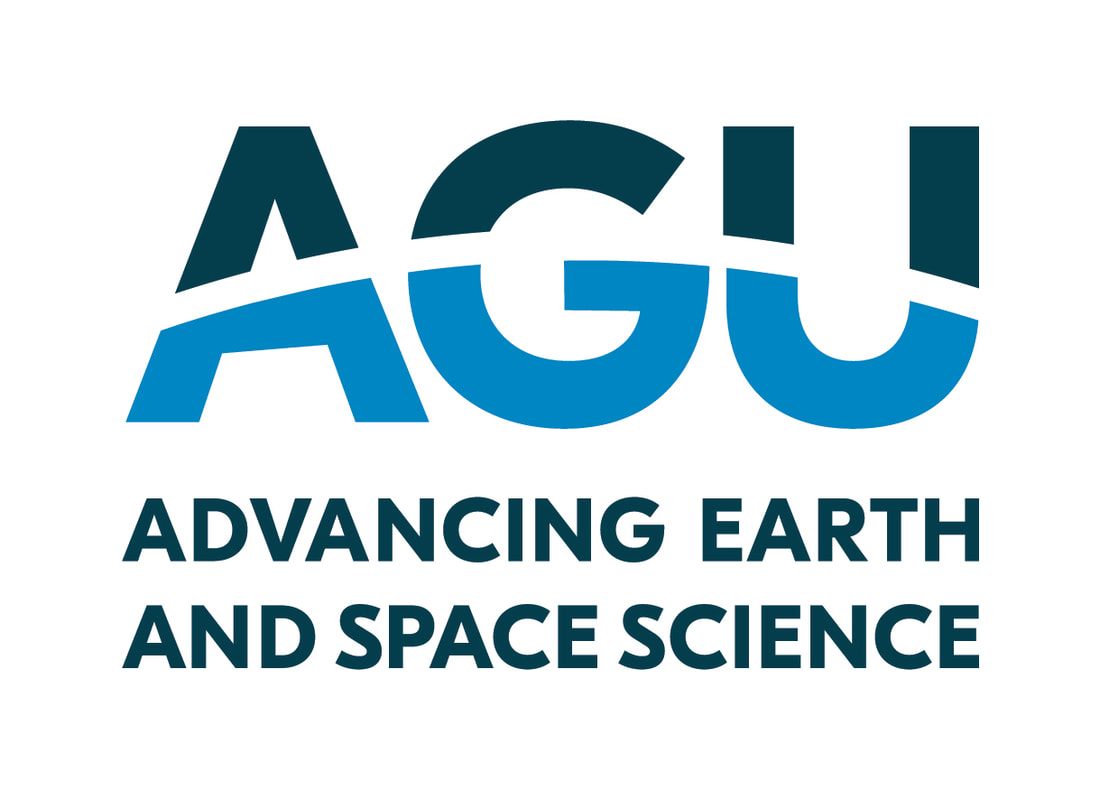The Wizards of Climate Change:
How Can Technology Serve Hope and Justice?
Star Island, NH
June 25–July 2, 2023
RegistrationBecome an IRAS member and receive a reduced rate
Call for papersDeadline was January 16, 2023.
Star Island offers discountsDiscounts are available based on need. Learn more on the Star Island financial grants section of their registration page.
Fellowships & ScholarshipsIRAS offers a range of Fellowships & Scholarships.
Streaming the Conference Sessions and Chapel TalksUnable to go to the conference? Become an IRAS member and stream the conference sessions and chapel talks for free! Access will be provided at the start of the conference.
The American Geophysical Union (AGU) is a co-sponsor of the conference. AGU members will receive a discounted registration rate.
Have more questions? |
2023 IRAS Conference StatementTechnological wizardry has been pitched against prophecies of environmental catastrophe since at least the mid-20th century. Innovate! Create! Only then can everyone win!--Simplify! Change your ways! Or all will be lost! The scientists on the U.N. Intergovernmental Panel on Climate Change, for example, tell us that large-scale deployment of carbon dioxide removal technologies is “unavoidable” if we are to prevent further dangerous temperature increases. They also argue that we must live less energy-intensive lifestyles to substantially reduce emissions. Addressing the many dimensions of climate change—such as energy and industrial production, urban and infrastructure planning, building construction and design, and land use—will require both new technologies and lifestyle changes.
In this conference, we will critically examine how technology can be developed, deployed and governed responsibly, to address climate change in ways that foster hope and justice. We will respectfully engage a multiplicity of world views, including religious perspectives, as we learn how countries throughout the world determine and apply climate and technology policies. We will address the following questions:
Conference Co-Chairs: Arthur Petersen, Bruce Naylor, and Constance Bertka Morning Chapel Speaker: Rev. Dr. Barbara Whittaker-Johns Plenary speakers:
Dr. Makiko Hirata and Dr. Lucy Jones TEMPO: Music for Climate Action Optional readings:
|
Copyright by The Institute on Religion in an Age of Science
Proudly powered by Weebly

